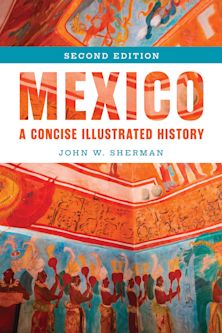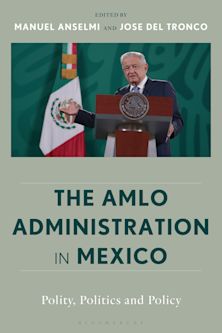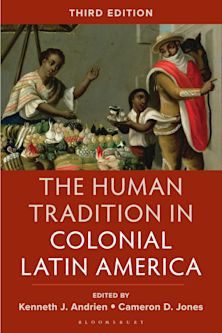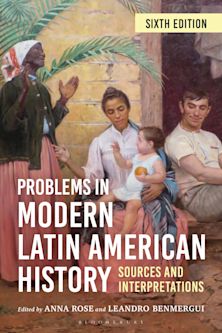Contemporary Indigenous Movements in Latin America
- Textbook
Contemporary Indigenous Movements in Latin America
- Textbook
This product is usually dispatched within 3 days
- Delivery and returns info
-
Free CA delivery on orders $40 or over
Description
The efforts of Indians in Latin America have gained momentum and garnered increasing attention in the last decade as they claim rights to their land and demand full participation in the political process. This issue is of rising importance as ecological concerns and autochtonous movements gain a foothold in Latin America, transforming the political landscape into one in which multiethnic democracies hold sway. In some cases, these movements have led to violent outbursts that severely affected some nations, such as the 1992 and 1994 Indian uprisings in Ecuador. In most cases, however, grassroots efforts have realized success without bloodshed. An Aymara Indian, head of an indigenous-rights political party, became Vice President of Bolivia. Brazilian lands are being set aside for indigenous groups not as traditional reservations where the government attempts to 'civilize' the hunters and gatherers, but where the government serves only to keep loggers, gold miners, and other interlopers out of tribal lands. Contemporary Indigenous Movements in Latin America is a collection of essays compiled by Professor Erick D. Langer that brings together-for the first time-contributions on indigenous movements throughout Latin America from all regions. Focusing on the 1990s, Professor Langer illustrates the range and increasing significance of the Indian movements in Latin America. The volume addresses the ways in which Indians have confronted the political, social, and economic problems they face today, and shows the diversity of the movements, both in lowlands and in highlands, tribal peoples, and peasants. The book presents an analytical overview of these movements, as well as a vision of how and why they have become so important in the late twentieth century. Contemporary Indigenous Movements in Latin America is important for those interested in Latin American studies, including Latin American civilization, Latin American anthropology, contemporary issues in Latin America, and ethnic studies.
Table of Contents
Part 2 I In the Defense of Land
Chapter 3 Neither Warriors nor Victims: The Wauja Peacefully Organize to Defend Their Land
Chapter 4 Ethnodevelopment and Democratic Consolidation in Chile: The Mapuche Question
Part 5 II Indigenous Political Participation
Chapter 6 Agrarian Protest and the Indian Movement in the Ecuadorian Highlands
Chapter 7 Indians and National Salvation: Placing Ecuador's Indigenous Coup of January 2000 in Historical Perspective
Chapter 8 The Emergence of Political Organizations among the Guaraní Indians of Bolivia and Argentina: A Comparative Perspective
Chapter 9 Consciousness and Contradiction: Indigenous Peoples and Paraguay's Transition to Democracy
Part 10 III Indians and Guerrillas
Chapter 11 Villagers at Arms: War and Counterrevolution in the Central-South Andes
Chapter 12 Pan-Maya Activism in Guatemala
Part 13 IV Indigenous Leaders Speak Out
Chapter 14 Marta Silva Vito Guaraní (Brazil)
Chapter 15 Davi Kopenawa Yanomami (Brazil)
Chapter 16 Luis Macas (Ecuador)
Chapter 17 Nina Pacari (Ecuador)
Chapter 18 Felipe Quispe Huanca (Bolivia)
Chapter 19 R. Marhikewun (Chile)
Chapter 20 Slected Bibliography
Chapter 21 Internet Sources
Product details
| Published | Apr 01 2003 |
|---|---|
| Format | Paperback |
| Edition | 1st |
| Extent | 220 |
| ISBN | 9780842026802 |
| Imprint | Rowman & Littlefield Publishers |
| Dimensions | 232 x 162 mm |
| Series | Jaguar Books on Latin America |
| Publisher | Bloomsbury Publishing |



































